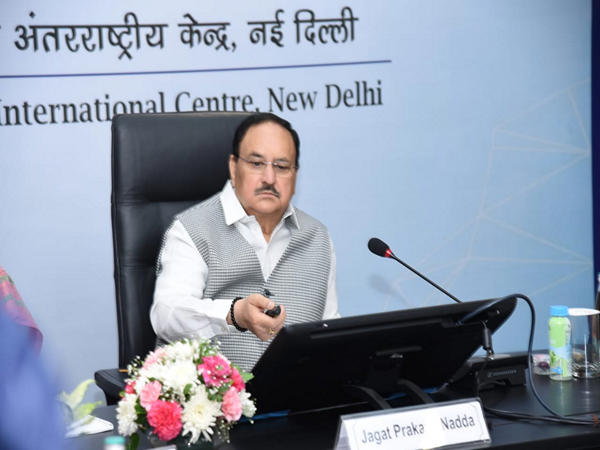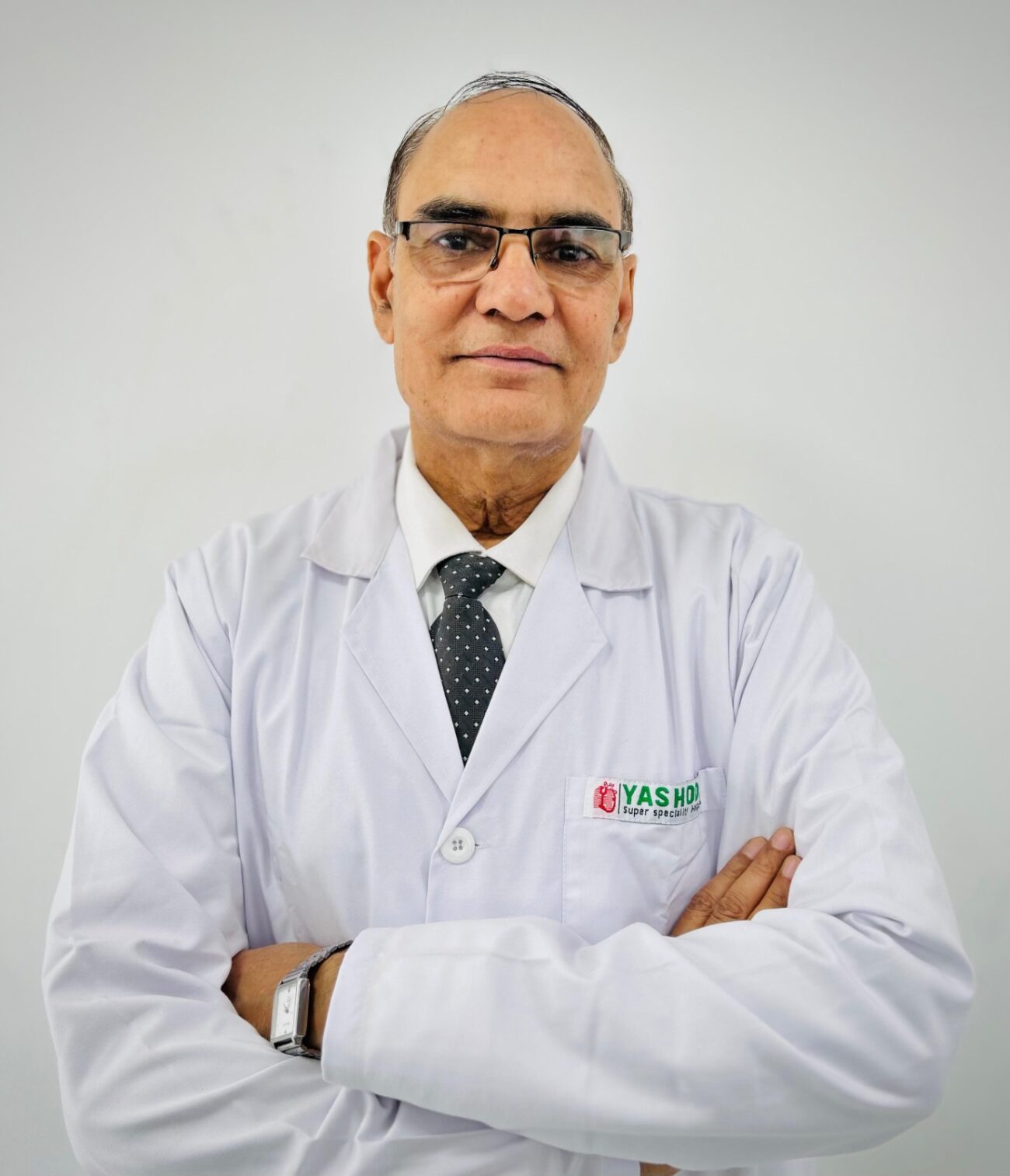Dozee partners with British International Investment to transform public healthcare in India
Partnership to provide access to quality healthcare to additional~600,000 high-risk patients over the next 2 years MillionICU, an initiative by Dozee, India’s first AI-based contactless Remote Patient Monitoring (RPM) & Early Warning System (EWS), has

- Partnership to provide access to quality healthcare to additional~600,000 high-risk patients over the next 2 years
MillionICU, an initiative by Dozee, India’s first AI-based contactless Remote Patient Monitoring (RPM) & Early Warning System (EWS), has partnered with British International Investment (BII), the UK’s development finance institution (DFI) and impact investor, to upgrade 6000 hospital beds in ~140 public hospitals across India and in other regions to transform the public healthcare landscape.
The current public healthcare setting in India has a 1:40 nurse-to-patient ratio, which is in stark contrast to the WHO’s recommended ratio of 1:4. That aside, there is an acute shortage of ICU beds which is further worsened by the meagreness of hospital staff. Today, more than 95% of the hospital beds in India are sub-optimally monitored with manual spot-checks limiting the ability for early detection of patients’ deteriorating conditions. This causes an increased workload on the under-resourced healthcare system.
The goal of Dozee’s partnership with BII is to improve access to healthcare across India and alleviate the workload of healthcare workers, reduce nurse burnout and fatigue in hospital wards. Dozee’s pioneering contactless remote patient monitoring and Early Warning System (EWS) in India saves around 2.5 hours of nursing time per patient per day.
Backed by BII’s capital, Dozee will upgrade regular beds to step-down ICUs through the MillionICU initiative – established by Dozee in 2021 to install one million step-down ICU beds across India – and bring about a rapid, long-term transformation in India’s public healthcare infrastructure. The MillionICU initiative has already benefited 46 such hospitals across 15+ districts with more than 10,000+ patients being monitored and having saved 25,000+ nursing hours.
“According to the 2021 Niti Aayog report, India currently has 1.3 hospital beds per 1,000 population. There is also a shortage of skilled health workers, with 0.65 physicians per 1,000 people (the World Health Organisation standard is 1 per 1,000 people) and 1.3 nurses per 1,000 people, putting immense stress on the nation’s healthcare infrastructure. The public healthcare delivery system’s connected care model can help bridge this gap, supported by technological advancements such as AI-based early warning systems and contactless remote monitoring systems that have the potential to transform standard hospital beds into connected step-down ICU beds. By creating step-down ICUs in some of the low hospital density regions of the country, it is our mission to unburden the healthcare system and make quality healthcare accessible to all.” said Mudit Dandwate, Dozee’s CEO and Co-founder.
“Improved access to affordable healthcare significantly boosts productivity and development outcomes. Our partnership with Dozee will help to scale tech-enabled healthcare solutions which will alleviate the burden on healthcare staff and increase patients’ access to quality and affordable healthcare in India. We are thrilled that BII’s patient and flexible capital combined with Dozee’s MillionICU initiative will contribute towards transforming healthcare infrastructure in India over the long-term and help improve clinical outcomes for patients in public hospitals in the country.” mentioned Manav Bansal, Managing Director and Head of India, British International Investment.
Dozee enables healthcare workers to remotely monitor patients’ vital parameters such as heart rate, respiration rate, blood pressure, blood oxygen saturation levels, temperature, and ECG. Dozee’s Early Warning System (EWS) tracks the trends of the vital parameters and provides alerts to healthcare providers for early detection of clinical deterioration of patients enabling timely medical intervention. Research done by independent consulting firm Sattva shows that for every ~100 Dozee connected beds, it can save ~144 lives and ~80% of the time taken for vitals by nurses and reduce ICU ALOS by ~1.3 days.






